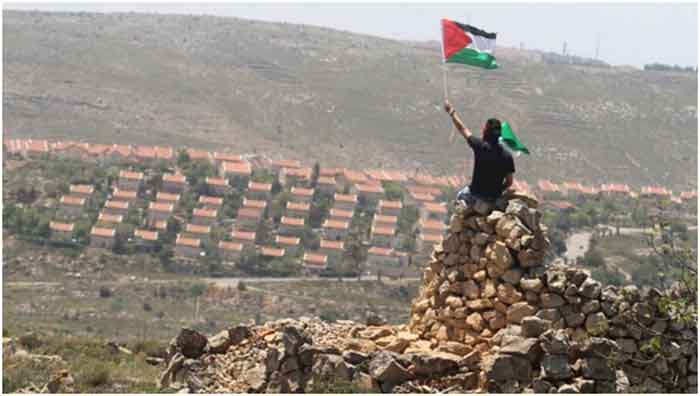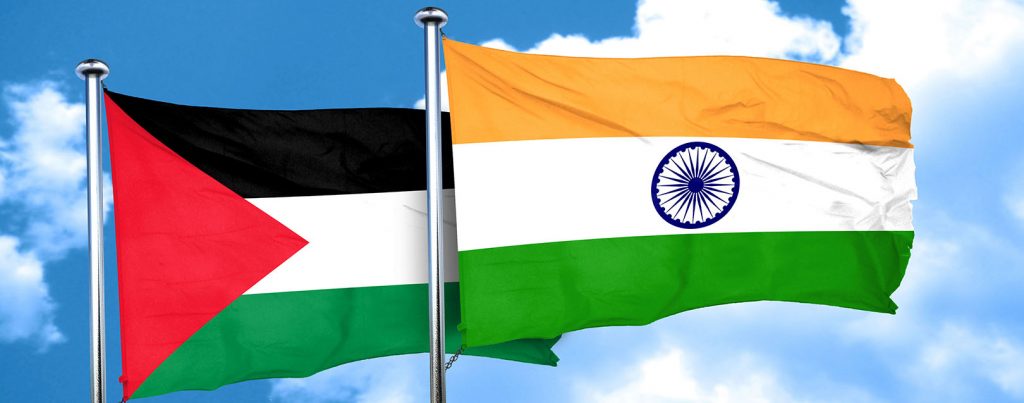
Israeli settlements or Jewish communities in Occupied Palestine Territories, especially in the East Jerusalem and West Bank, are a major historical cause of concern, not only for Palestine and Israel but also for the entire Arab region and beyond. In fact, every Israeli effort to build expansionary settlements and outposts has, of course, created chaos between Palestine and Israeli and led to global outcry. The more pessimistic side is that the possibility of finding out any acceptable and peaceful solution to the historical crisis, which have political, ethnic, religious, national and territorial components, will remain low in the future, provided that settlement building continues in the days ahead.
Construction of Israeli settlements in Palestine territories has apparently a long history, starting immediately after the creation of the state of Israel by the UN in 1948, but extension initiatives augmented after the historic 1967 Six-Day War between Israel and some Arab states — Egypt, Jordan and Syria. Establishment of new settlements turned into a common scenario since then and, very recently, Israel declared for further extension. Yet, Israel ironically uses the term Disputed Territories¸ arguing that some territories cannot be called occupied as no nation had clear rights over and there were no operative diplomatic arrangements in the West Bank or Gaza Strip when Israel acquired in 1967, and often claims that the settlement policy is by reason of maintaining security from Palestinian threats.
But the settlement policy, which is internationally recognized as illegal, is rejected and criticized not only by Palestine but also by third parties — the UN, the Quartet, the EU, the OIC, the ICJ and others. The UN repetitively upholds its view that Israel’s construction of settlements constitutes a clear violation of Article 49 of the Fourth Geneva Convention, the laws of belligerent occupation and the Palestinian right of self-determination. Third parties including most sovereign countries — regional and beyond — and some international organizations frequently are also on the view that Israel tactfully extends its territory from the 1948 demarcation line, or the pre-1967 Israel-Palestine territory, in order to get exclusive advantage in territorial negotiation with Palestine in any solution.
As is well-known, effects of the extension policy are devastating, to say the least. Israel’s building of illegal settlements has already displaced a large number of Palestinians from their home lands, where they have been living for generations, and provoked Palestinians, both hardliners and peace-loving, for carrying out protest activities that frequently resulted in small-scale conflicts between the security forces of Israel and Palestinians — a common reality the whole world has been observing for decades — and led to thousands of deaths and injuries, mostly of Palestinians. There are obviously many reasons behind such clashes including illegal annexation, firing at Israel by Hamas and killings of civilians of Palestine by Israeli soldiers but annexation is perhaps the most important of all.
The settlement policy, more importantly, puts a mounting hindrance to any lasting and peaceful solution to the long historical crisis. In fact, several efforts taken for reaching to an acceptable solution ended without any expected outcome owing to many reasons including the issue of the extension policy. The quartet on the Middle East has also identified that such a policy, which has thus far resulted directly in 130 officially recognized settlements and indirectly in 110 officially unauthorized outposts, are one of the main obstacles to reaching to a much talked about two-state solution that seeks to create a sovereign state of Palestine alongside a viable state of Israel and erodes the prospects for a lasting peace.
Construction of all illegal establishments such as apartment complexes, public parks, shopping malls, factories and outposts should, in my view, be stopped altogether not only to end conflicts but also to find out any meaningful solution to the crisis. Of course, some multilateral initiatives including the UN’s endorsement of the Roadmap for Peace in 2003 and the Security Council Resolution 446, 465 and, more recently, 2334 have been made but there is no notable achievement up until now in halting the very settlement policy, except the Israel’s unilateral disengagement plan especially in 2005. Repeated failures are because of several reasons but de-facto inaction of world leaders especially superpowers and unwillingness of the Israeli authority are obviously most significant of all.
Despite earlier failures, world leaders have, in my view, some undeniable roles to play to halt further extension of Israel. In this respect, the quartet — comprising of the UN, Russia, the USA and the EU with an aim to settle the Israeli-Palestine crisis— and some others including the OIC, which are much critical to the expansionist policy, need to find out a more effective way(s), especially on the basis of relevant UN resolutions, international laws and bilateral agreements between Israel and Palestine, along with increased international pressure, to peacefully put an end to it. Yet, earnest and responsible roles of the US administration, heavily criticized globally for unilateral supports to annexation moves, are of course vital here.
But Israel, as a powerful state, cannot deny its responsibility to live up to its obligations and preserve a hope for a meaningful solution. In fact, many Israelis, including some previous in-power leaders and opposition leaders especially from Jewish majority parties, see little gain from annexation and do not support it. But it is the government of Israel which needs to reflect earnest willingness and commitment to stop annexation by realizing that the expansion policy is detrimental to the rights of people of both Israel and Palestine to stay in peaceful situation in their respective territories, and that there is no alternative to halting it for ending annexation driven conflicts and reaching to a peaceful and lasting solution.
Yet, for peace to be viable, acceptable solution to the Israel-Palestine crisis of statehood, which has close links with the settlement extension, is needed. Although earlier efforts including the Oslo Accord, several UN resolutions and the Arab Peace Initiative went in vain, the UN, superpowers including the USA, Arab states and others, alongside Israel and Palestine including Hamas, have, in my view, undeniable responsibilities to peacefully solve the crisis with two-state or any other better option(s). But, obviously, any lasting solution needs to settle several important issues including interconnections between territorial issue and other permanent issues such as Jerusalem and refugees, the settlement component (especially already occupied lands by Israel) and the security component.
Amir Mohammad Sayem Researcher and writer of Op-eds on miscellaneous issues including social, environmental, political, public health and international relations, Dhaka, Bangladesh Email:[email protected]
SIGN UP FOR COUNTERCURRENTS DAILY NEWSLETTER











































